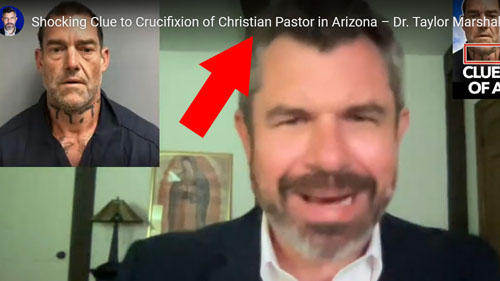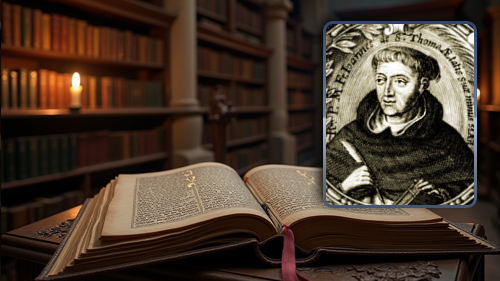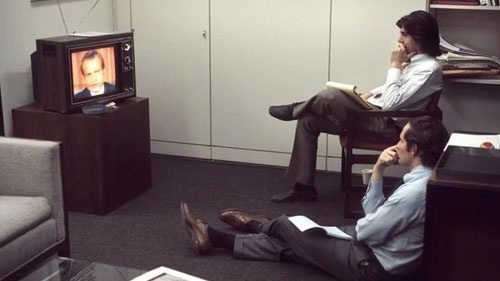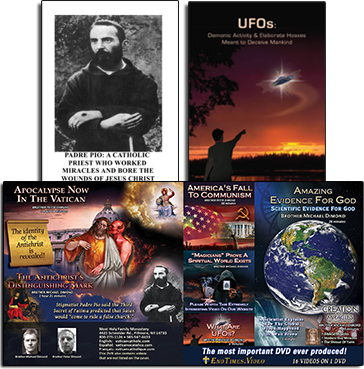Spirituality
[The Appearance of the Angel to the Fatima Children – 1916]: “Then, rising up, the Angel took the Chalice and the Host, and kneeling on the flat rock, held the white disk before him, saying: ‘Take and drink the Body and Blood of Jesus Christ, horribly insulted by ungrateful men. Make reparation for their crimes and console your God.’” (Our Lady of Fatima, p. 42.)
Doctrine
Pope Eugene IV: “The Holy Roman Church, founded by the voice of our Lord and Savior, firmly believes, professes, and preaches one true God, omnipotent, unchangeable, and eternal, Father, Son, and Holy Ghost… These three persons are one God, and not three gods, because of the three there is one substance, one essence, one nature, one divinity, one immensity, one eternity… It [the Holy Roman Church] condemns, rejects and anathematizes all who think opposed and contrary things, and declares them to be aliens from the Body of Christ, which is the Church.” (Council of Florence, “Cantate Domino,” 1441, ex cathedra)










 " />
" /> " />
" /> " />
" /> " />
" /> " />
" />





